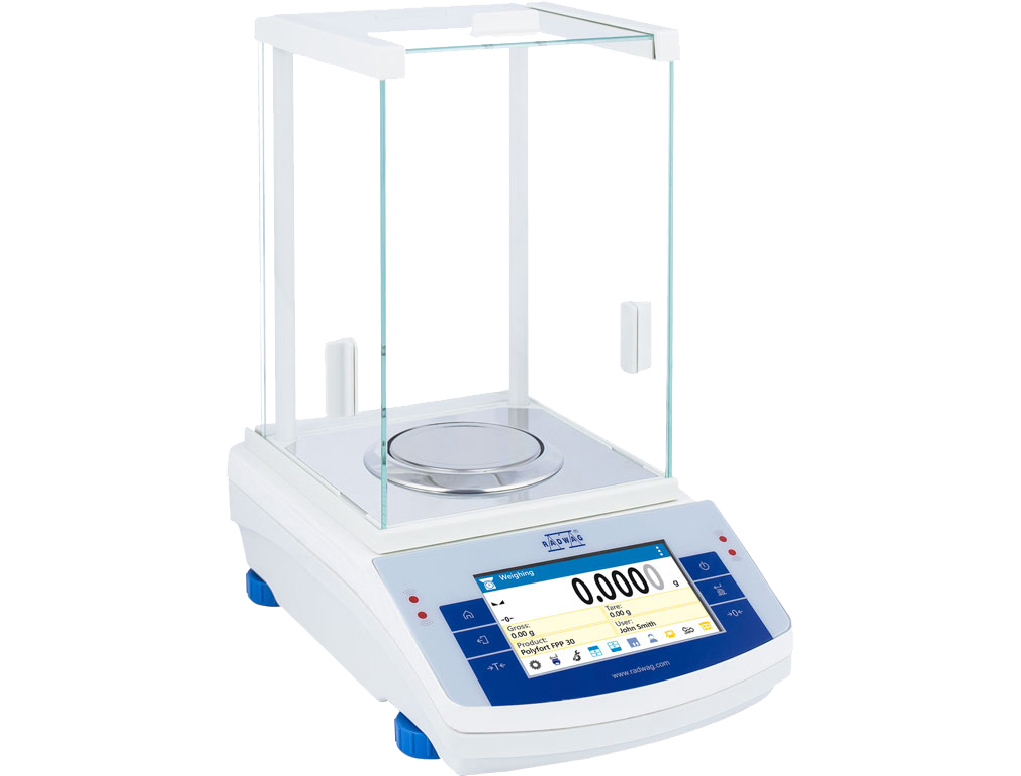Analytical balances are specialized weighing instruments that are designed to measure very small quantities of materials with high precision and accuracy. MRC offer a wide range of
Analytical balances with different features and capabilities.
Key Features of Analytical Balances
MRC analytical balances are equipped with advanced features that ensure high accuracy and precision in measurement. Some of the key features of these balances include:
High Precision: MRC analytical balances can measure weight with a precision of up to 0.01 mg and 1 µg, making them suitable for weighing very small quantities of materials.
Automatic Calibration: These balances come with automatic internal calibration features that ensure accurate and reliable measurement at all times.
User-Friendly Interface: MRC analytical balances have a user-friendly interface that allows users to operate them with ease. They come with touchscreens, clear displays, and intuitive software.
Multiple Weighing Units: It can measure weight in multiple units, including grams, milligrams, micrograms, ounces, and carats.
Connectivity Options: it can be connected to other devices, such as computers, printers, and laboratory information management systems (LIMS), through USB, Ethernet, and RS232 interfaces.

Uses of Analytical balances
MRC analytical balances with a sensitivity of 0.01 mg and µg are used in various fields, including pharmaceuticals, research, and quality control.
Some of the common uses of these balances include:
Pharmaceutical Formulation: Used to measure small quantities of active pharmaceutical ingredients (APIs) and excipients for drug formulation.
Quality Control: Used to ensure the quality and purity of products by measuring the exact amount of raw materials and finished products.
Research: Used in research laboratories to measure small quantities of samples for experiments and analysis.
Environmental Used to measure the weight of environmental samples, such as air filters and water samples, for pollution monitoring.